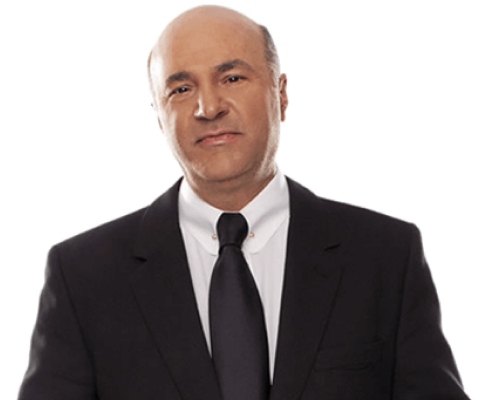Can I Trademark Dictionary Words?
THINKING OF TRADEMARKING YOUR BRAND?
Is it possible to trademark dictionary words?
To put it simply, absolutely yes, you can trademark dictionary words!.
The best example of this is Apple. You can't find a more common word than that. Yet Apple, as we know, is an extremely valuable trademark. You may be wondering–how were they able to snag it so easily? Well, because they're not in the business of selling apples!
You see, if they wanted to sell apples, of course, they couldn't trademark the word "Apple." It’s just not what trademarks are for. Since they're selling something that has nothing to do with the word–they sell computers, phones, software, and tablets–they are allowed to use the dictionary words as their official trademark.
You see, the most common misconception around trademarks is that you need to have something completely unique. You don't, and I have heard many folks say, "How can you monopolize a word? Let's trademark the alphabet!" However, that's not how it works.
When it comes to trademarks, you are not expected to come up with something completely new and original, just relevant. This is mainly about helping the general public differentiate your products and services apart from your competitors. If your brand helps you to do that, then it's a proper brand to get trademarked.
Apple, once again, is a perfect example. Once you hear the word "Apple" in connection to phones or computers or laptops, you know exactly who makes those phones computers, and laptops. It’s a perfectly recognizable trademark. Canon, for cameras—they're not selling cannons like the war machines. They sell cameras and because of that, they can use the dictionary word "Canon" as their brand and their trademark.
There are millions of other trademarks that are nothing but dictionary words. It's all about the combination of those dictionary words, and the specific products and services that they sell.
For example, if you were in the business of selling pencils, you can't trademark the word "Pencil.” That would be a generic name, and generic names are not trademarkable. So that's how it works! There's nothing wrong with trademarking dictionary words as long as the name still allows the market to distinguish you from your competition.
If you came up with a brand that's just a dictionary word, don't let it discourage you from trying to trademark it. As long as the name is not the actual name of your products or service, it could very well be trademarkable!
Wondering how to move forward? I understand! Go to trademarkfactory.com and book your free call with one of our strategy advisors. Once you become a client, our legal team is going to do a deep dive on your behalf and come up with a registrability opinion. That way, we can let you know if the name you came up with is trademarkable. If it is, we're going to help you get the job done with a guaranteed result on a guaranteed budget.
If we tell you the name is not trademarkable, you can either get a full refund, or you can do what most of our other clients do, which is keep sending us other variants! It shouldn’t take long for you to find a wonderful overlap of great branding and solid trademarkability.
There's no reason in the world to spend a minute of your life, or a dollar out of your pocket building a brand that you don't own. Again, whether it's a dictionary word or a unique concoction, you have to protect your brand. That's how it becomes an asset. That's how it becomes yours. Without it, all you're doing is building a brand for someone else! Let us help, we’re ready.












